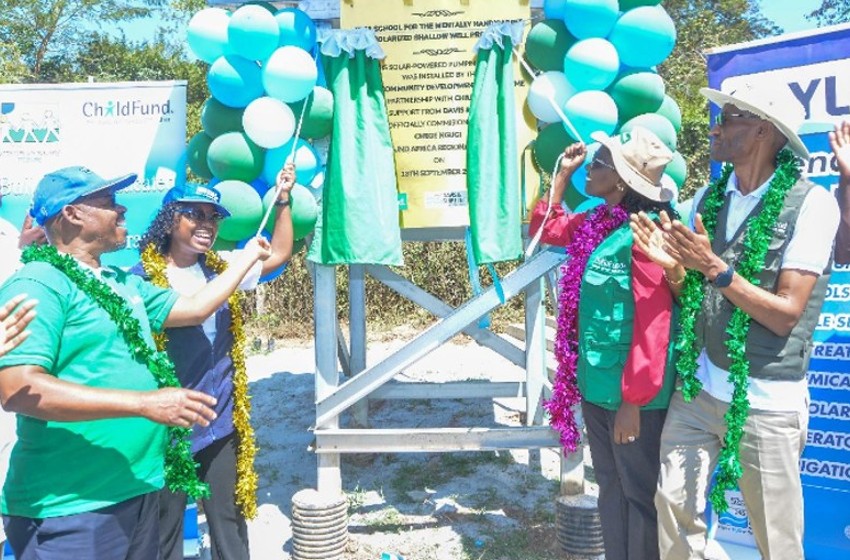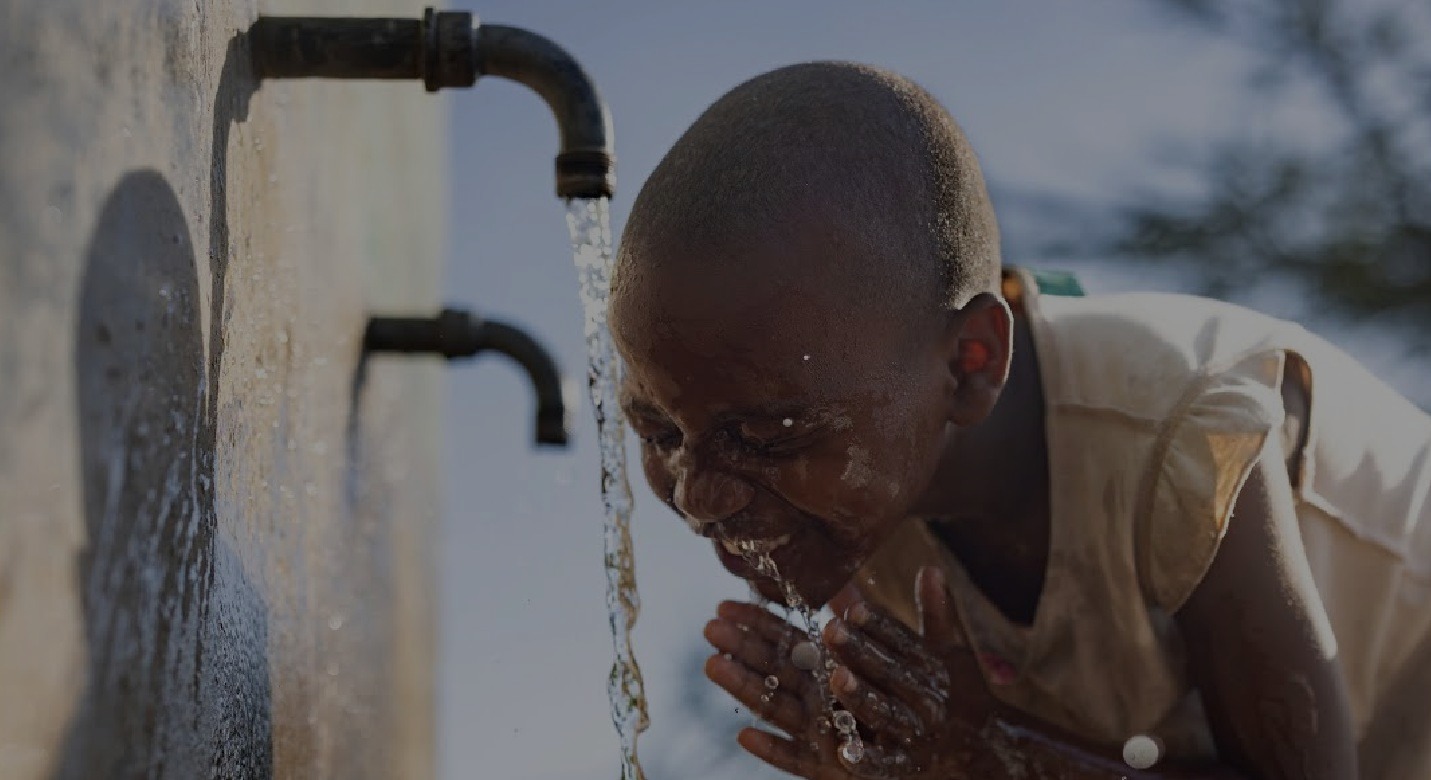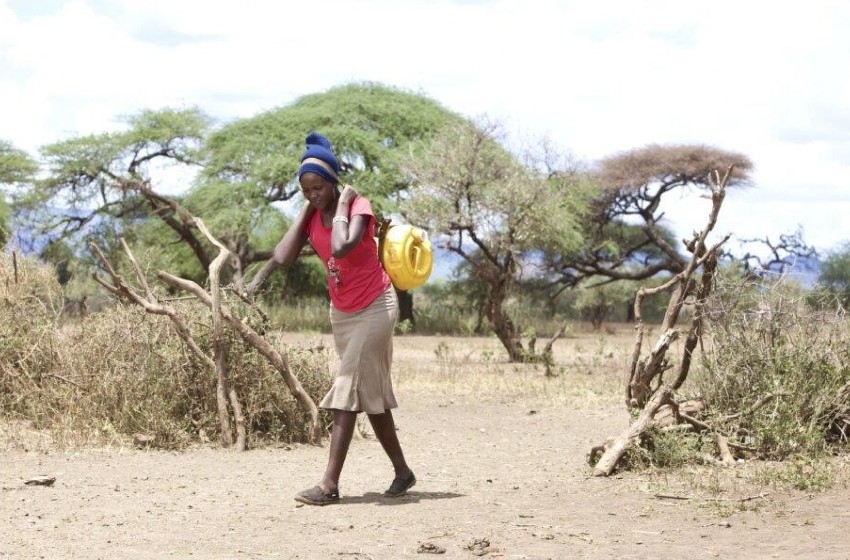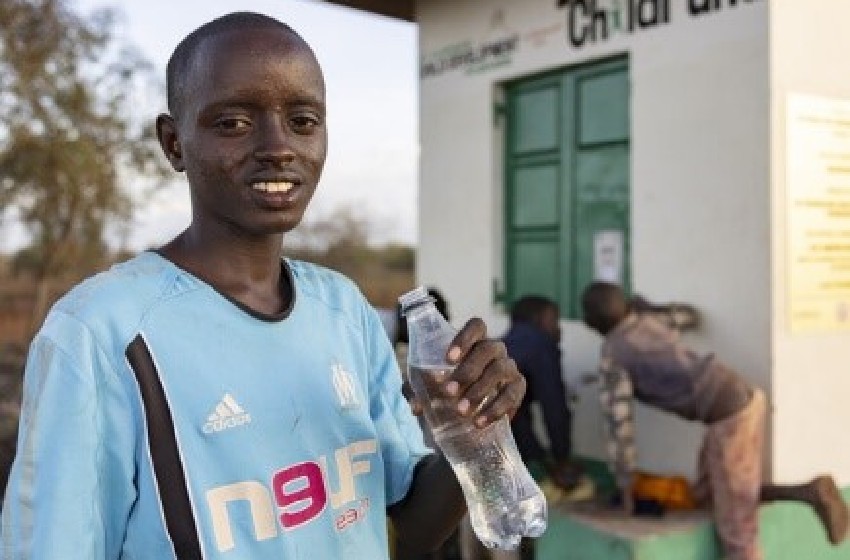
ChildFund, in partnership with Davis & Shirtliff, has successfully commissioned two water projects in Kitui County. The two organizations partnered...
In Kenya, access to safe water, sanitation, and hygiene (WASH) services remains a significant challenge, particularly in rural and underserved areas. According to UNICEF, only 59% of Kenyans have access to safe drinking water, while access to improved sanitation services stands at just 29%. Poor WASH conditions contribute to the high prevalence of waterborne diseases, especially among children. For instance, diarrheal diseases, often linked to unsafe water and poor hygiene, are a leading cause of morbidity and mortality among children under five in Kenya.
To address these challenges, we implement comprehensive WASH interventions at both the household and child levels. Our programs focus on improving waste disposal management, increasing access to and use of safe water, enhancing hygiene practices at home and in schools, and reducing the incidence of waterborne diseases among children.
Facts and figures from 2023 data.
We believe everyone should access resilient water, sanitation and hygiene services that help support sustainable livelihoods and healthy lives in a changing climate. In the past 5 years we have reached more than 1.5 million households with safe water access, and more than 350 schools and hospitals have built toilets following our interventions. WASH reinforces our mission by greatly improving the health, livelihoods and resilience of communities.
In Nyagina Beach, Homa Bay County, access to clean water has been a major challenge. For years, the community has relied on contaminated water from Lake Victoria, putting residents, especially children, at risk of waterborne diseases. Women and girls also face dangers while fetching water, including attacks from crocodiles and hippopotamuses, further complicated by the proliferation of water hyacinth.
To address this, ChildFund, with support from DuPont and Davis & Shirtliff, launched a Ksh. 10.8 million ultra-filtration water treatment plant in February, 2024 . This project is now providing clean water to over 7,500 people, reducing health risks and freeing women and girls from the dangerous task of fetching water from the lake. Watch this video to learn more about this project.

Increasing Access to Clean Water in Homa Bay
Over 7,500 residents along Lake Victoria now have access to clean water after ChildFund, DuPont and Davis & Shirtliff commissioned an ultra-filtration water treatment plant at Nyagina Beach.

ChildFund, in partnership with Davis & Shirtliff, has successfully commissioned two water projects in Kitui County. The two organizations partnered...

Poor access to safe water and hygiene are the most basic factors behind illnesses among children in the world. Globally,...

Dickson’s family are traditional Maasai herders living in Kajiado County. Finding water for their household and livestock has always been...
You can see how this popup was set up in our step-by-step guide: https://wppopupmaker.com/guides/auto-opening-announcement-popups/